News
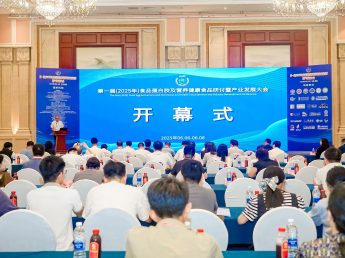
Nanchang, Jiangxi – June 7, 2025 – The highly anticipated 1st (2025) Food Protein Hydrocolloids & Nutrition and Health Foods Symposium and Industry Development Conference commenced grandly in Nanchang, Jiangxi. Centered on the theme “Technological Innovation Leads the Future – Breakthroughs and Industrialization of Food Protein Hydrocolloids and Nutrition & Health Foods,” the event gathered over 400 attendees, including academicians of the Chinese Academy of Engineering, deans from leading national food science colleges, industry experts, young scholars, and corporate representatives. This high-caliber assembly marked a significant academic and applied forum for the protein hydrocolloid sector.
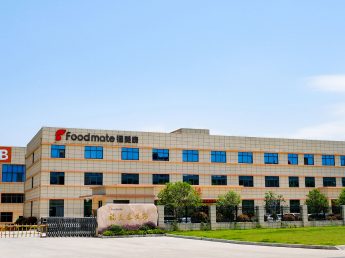
Gelatin is primarily produced through three methods: alkaline, acid, and enzymatic processes. Traditional alkaline and acid methods involve longer production cycles (around 15 days) and generate higher environmental pollution. In contrast, enzymatic methods are increasingly favored in food and pharmaceutical industries due to their lower cost, enhanced safety, and eco-friendliness.

In the global trade ecosystem, maritime shipping remains the indispensable “economic artery,” facilitating over 80% of international trade. As the industry grapples with volatile freight rates, digital transformation, and green policy mandates in 2025, stakeholders must adapt swiftly to seize opportunities. This analysis explores the current market dynamics, transformative trends, and actionable strategies for cross-border…

According to a recent market report, the global Arabic gum market is projected to grow at a CAGR of 7.8% from 2021 to 2026. The increasing demand for natural ingredients and the growing food and beverage industry are the key factors driving this growth. The report also highlights the significant use of Arabic gum in the pharmaceutical and cosmetics industries, where it is used as a binding agent, emulsifier, and stabilizer.
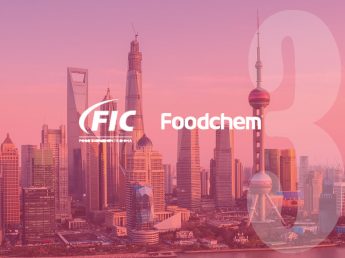
We FOODCHEM cherish our partnership and would be honored to meet you in person at the exhibition. Our goal is to create more value for you, and we look forward to engaging in fruitful conversations.
2023 FIC Exhibition
Booth 51P30
March 15th to 17th at the NECC (Shanghai)
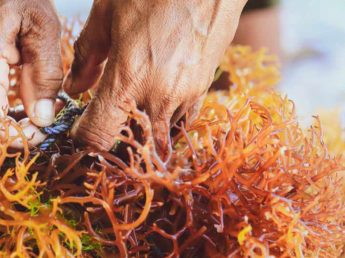
In recent years, the application of carrageenan as a food additive in food processing has become increasingly widespread. Carrageenan is a high molecular weight compound with properties such as viscosity, gelation, and stability, making it widely used in the food industry.
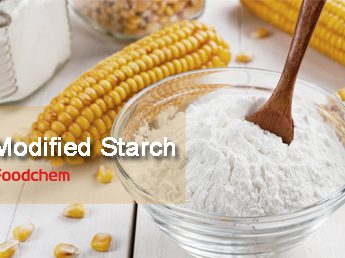
Modified starch is a functional food additive that can be used in the production of meat products. In today’s market trends, consumers are increasingly concerned with health and nutrition and demand higher quality and safety in their food. Therefore, the use of modified starch can help manufacturers produce healthier, more delicious, and more attractive meat products.
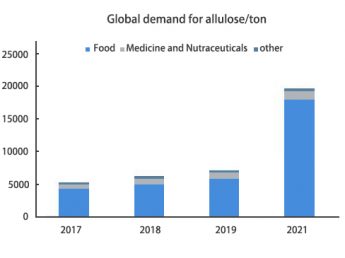
Allulose is a well-studied rare sugar that has been granted GRAS certification by the US FDA, meaning it is generally recognized as safe as a food ingredient under the conditions of intended use in food and beverages. However, allulose has not been listed in China for the time being. Allulose is an isomer of fructose, a monosaccharide with very low content in nature. It is found in natural foods such as fruits, raisins, figs and kiwi. White powder, easily soluble in water.

A natural low-calorie sweetener popular in North America, Japan and South Korea has appeared, its name is allulose-D-allulose.
What can it bring you?
# Natural # Healthy and Less Restrictive